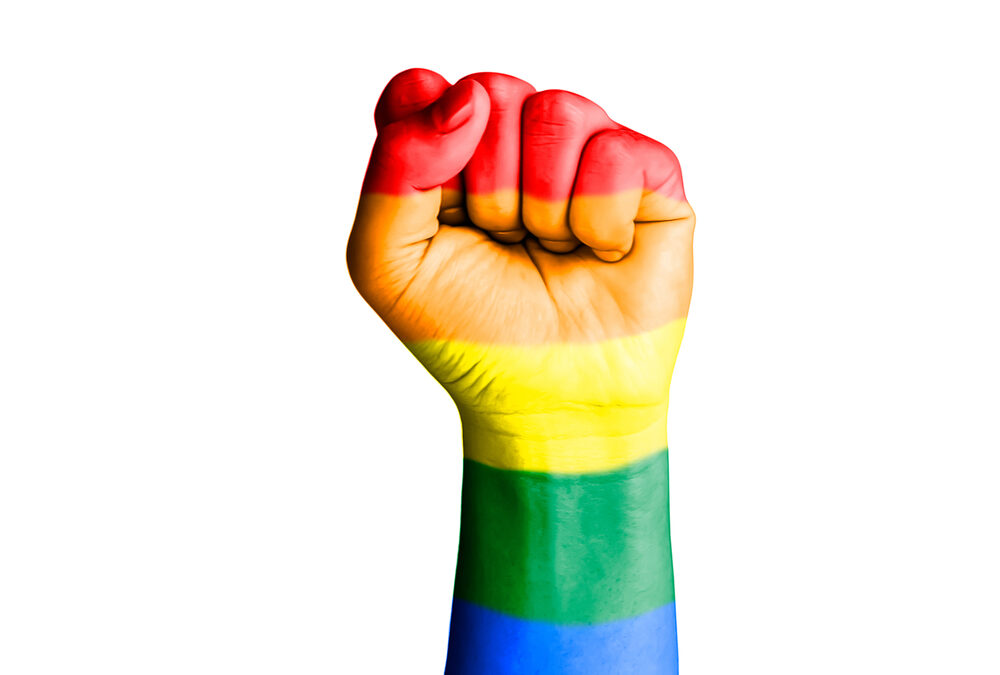
Australia is currently facing a sobering reality: a disturbing increase in the number of women killed by men in domestic violence situations. This troubling trend not only highlights the urgent need for action but also underscores the systemic failures in addressing gender-based violence.
Rising Statistics
In 2020, despite a slow decline in intimate partner violence in previous years, the COVID pandemic fueled a surge in domestic and family violence with the UN reporting that calls to domestic violence hotlines almost tripled during this time. Today, we face a pandemic of femicide and gender-based violence against women the world over, including Australia, where a woman is violently killed every four days. To April 23rd, 2024, 26 women lost their lives to gender-based violence, 11 more than this time last year, shamedly with little, to no action, from the federal government.
According to the UNODC, globally 82% of intimate partner homicide victims are female, with intimate partner violence being a leading cause of femicide. Oceania (which includes Australia) had the highest estimated proportion 42% of women killed exclusively by intimate partners. These statistics paint a grim picture of the pervasive threat faced by women in their own homes, highlighting the urgent need for effective intervention and prevention strategies. At the heart of the domestic violence epidemic lies a complex interplay of societal attitudes, cultural norms, and systemic inequalities. Gender inequality, toxic masculinity, and patriarchal power dynamics perpetuate a culture of violence and control, enabling perpetrators to exert dominance and exert control over their partners. Economic insecurity, housing instability, and lack of access to support services further compound the vulnerability of women, making it difficult for them to leave abusive relationships and seek help. Additionally, the normalisation of violence and the minimisation of women’s experiences perpetuate a cycle of silence and shame, preventing survivors from speaking out and seeking justice.
Demanding Change
The time for excuses, complacency and inaction is over. Women are tired. Women are tired of being afraid of going out, AND of staying at home, tired of the blatant misogynistic and archaic attitudes that continue to pervade our society, schooling, work life and home life. We are tired of the barefaced gender inequality evident in our healthcare system, legal system, education and the patriarchal systems that perpetuate the discriminatory practices and policies that relentlessly demean women and diminish their value as human beings. As a society, we must come together to demand immediate change and accountability in addressing domestic violence and preventing further loss of life. This includes investing in frontline services, such as crisis shelters, counselling, and legal support, to ensure that survivors have access to the resources they need to escape abuse and rebuild their lives. It also involves challenging harmful gender stereotypes, promoting respectful relationships, and educating young people about consent and healthy boundaries. Additionally, we must hold perpetrators accountable for their actions through robust legal frameworks, enforcement of protection orders, and rehabilitation programs aimed at addressing the root causes of violence.
The alarming increase in domestic violence-related female homicides in Australia is a stark reminder of the urgent need for action. Many women stay in domestic violence situations due to lack of financial resources and support, an issue that is perpetuated at a systemic level.
In October 2023, the NSW Council of Social Service estimated that 4812 women were forced to stay in a domestic violence situation, 2402 women were forced to return to a violent partner due to lack of support or resources, and a shocking 2410 women were rendered homeless because they failed to secure a safe place to live. Reportedly, approximately 54% of those trying to access the federal government’s escaping violence payment (EVP) have had their claims rejected. The EVP was introduced in 2021 for victims-survivors to access financial assistance of up to $1500 and up to $3500 in goods and services to help them leave a violent home. The Guardian, reports that many applicants face significant challenges in meeting the eligibility criteria because they cannot produce a police or doctor’s report. This eligibility criteria further exacerbates a victim’s suffering and forces women to stay in very dangerous relationships where domestic violence could cost her life.
It is vital that we stand together as women to support and protect each other because the law continues to fail us, to stand in solidarity with survivors, help amplify their voices, and demand immediate change from policymakers, law enforcement agencies, and community leaders. By addressing the root causes of domestic violence, investing in support services, and holding perpetrators accountable, we can create a future where all women are safe, respected, and empowered to live free from fear and violence. The time for change is now.









